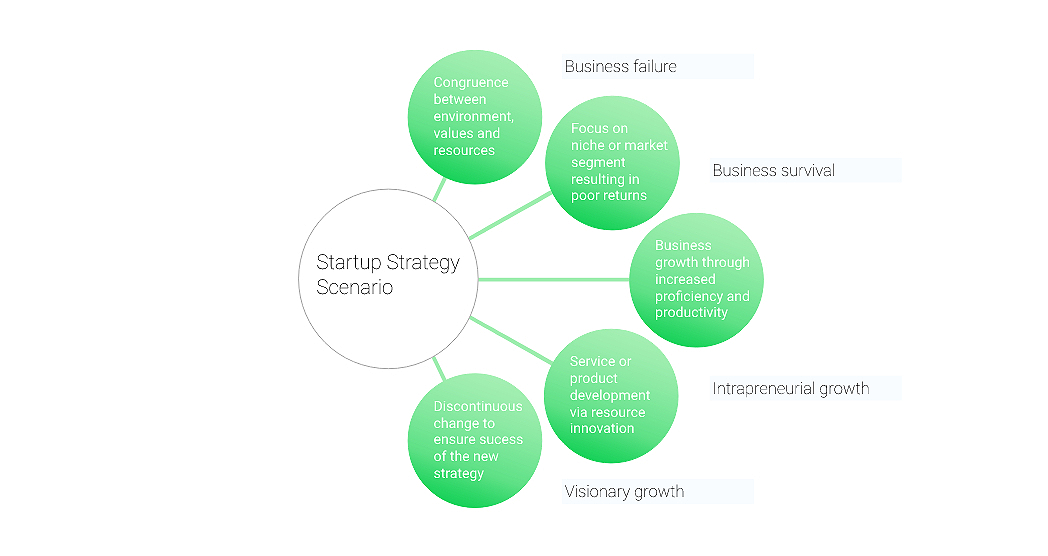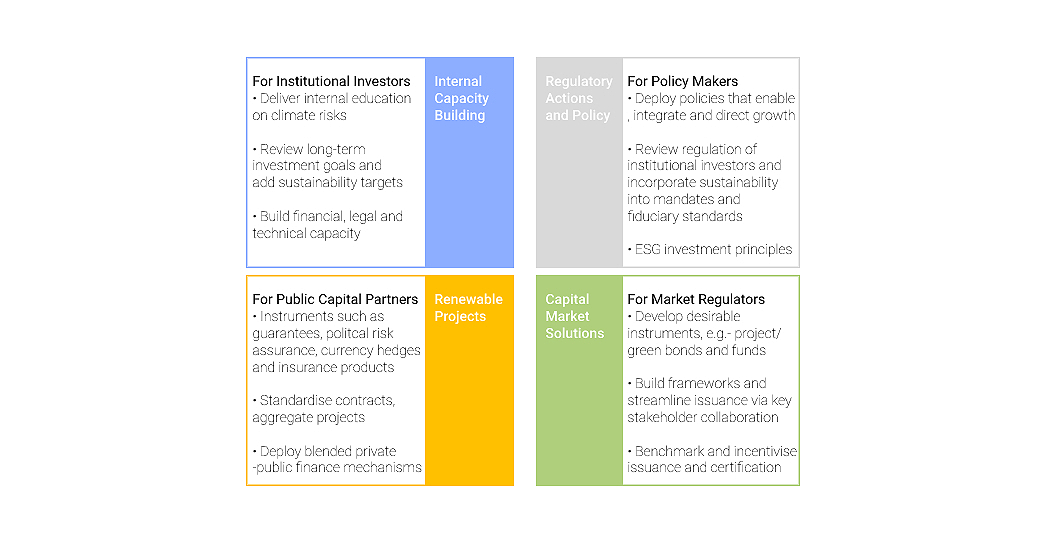It is clear that the current climate is a time of crisis for businesses around the world, irrespective of the sector they operate in. Here are our top 10 tips for leading companies through change.

Figures from the IMF paint a similar bleak outlook. In their World Economic Outlook (October 2020), they projected a deep global recession for 2020, with global growth projected to be -4.4%.
There is no doubt that many companies will have to overcome crisis and rely on leadership expertise to navigate change in the coming years, unless they can turnaround their businesses with strong and decisive leadership.
– Alan Mulally, Ford CEO, 2006-14
Often companies are so entrenched in the ‘way of doing things’ that it becomes necessary to replace some top executives. This is not to say these leaders are necessarily bad or incompetent; just that they are so deeply involved with the company’s current strategies which led to decline, that they must own some of the responsibility for the crisis the company is going through.
These leaders might be unable to shift their mindset to make the shift to an operational strategy needed to turnaround the business. If they are unable to change their viewpoint, they could end up blocking the change that’s needed for the business to move forward.
It can be difficult removing people in key leadership positions from your organisation. However, when you do, it sends a clear signal to stakeholders that you are willing to make the necessary changes to implement a recovery strategy and that you’re not afraid to make tough choices.

When an organisation is experiencing significant cash flow problems, it can be extremely valuable to approach an insolvency practitioner. They can help your organisation resolve its cash flow problems, to help you identify whether you need to cut costs, raise short-term finance to pay creditors or accelerate your receivables.
By the time you’re talking to an insolvency practitioner, things are likely to be pretty serious. But calling one in doesn’t necessarily herald the end of everything. They can explore factors like distressed business sales, seek alternative investment or spearhead a restructuring strategy.
Even if you don’t execute a full turnaround, working with the right IP can mean the opportunity to walk away with something instead of nothing.
Even for companies in crisis there are many funding options to hand. Depending on an organisation’s financial positon, they will be able to apply for different sources of finance. Consider debtor book realisation if you have a number of bad debts which you have given up on chasing. When in crisis, these debts could be worth chasing.

Sometimes organisations just can’t find the right sources or external finance; perhaps they just don’t qualify because of the track record of their company, because they are inexperienced, or they can’t find the right source of finance to match their ambitions.
In which case it’s time to consider internal sources of finance. Airbnb successfully funded their operation through an ingenious scheme. Taking advantage of the 2008 Presidential race, they made political-branded cereal by hand, which they sold for $40 a box.
Their ‘Obama-Os’ and Cap’n McCain’s’ proved so popular, the founders Brian Chesky and Joe Gebbia raised $30,000 and were invited to a training session by a start-up incubator and received training and $20,000 funding.
A business consultancy has the ability to view your organisational strategy with neutrality and remove the ingrained and often unconscious bias to established strategy prevalent in organisations in crisis.
A business consultancy can take a step back and offer an objective view on what your company needs to do, not only to survive, but to truly thrive. Pangea SI, for instance, facilitates consulting engagements with custom-sourced and vetted subject matter experts to provide investors and strategists with valuable insights for a plethora of scenarios: forward planning, new market expansion, investment due diligence and technology research and development to name a few.
Forming a business partnership has many advantages for struggling businesses. First and foremost, you may gain access to financial support; a partner can help share the burden you are facing.
You will also be able to utilise the knowledge and experience of your partner in order to implement a new strategic direction to help you turnaround your organisation. In short, with a business partner, your decision-making will be more informed and more accountable to scrutiny.
Drawing insights from both the market (target and adjacent) and your customers (existing and prospective) will be critical.
It is important to talk with your customers. Ask them what they want from your company, and if the current performance is in-line with what they expect.
If the situation is serious and you’ve explored all other options, let your clients know; they might be willing to support you in a time of crisis if they are loyal to your organisation, and they will appreciate your honesty and the fact that you consulted with them at a time of need. Positive client feedback, testimonials or referrals can lead to new opportunities for your business.
As a result of their engagements with leading market experts, they were able to form a detailed solutions development and implementation framework for their investment clients.
If your company name and brand is synonymous with the struggles your organisation is facing, a rebrand could change customer perceptions and ensure your brand is reinvigorated.
When a company rebrands, it creates a new business name, logo and marketing assets to develop a new brand identity that is differentiated from its old identity. This changes how your company is viewed by consumers, investors, competitors, business partners and other stakeholders, including employees.
Currently, global companies are having to navigate the shift from traditional energy sources like oil, coal and gas to renewable energy. This is mainly due to the worldwide effort to tackle climate change. In the US, the shale revolution has led to a reduction in carbon emissions by 16.6% between 2005 and 2017.
It is important to recruit, hire and retain talent to your organisation in times of crisis. If you are going to change a few top executives, you are going to need to hire replacements or promote from within.
Often the people that add the most value and impact to a change management process are from outside of the company, as they bring fresh thinking and new approaches.
The key step to avoiding your business becoming distressed in the first place is to constantly, critically, and objectively, review your business plans.
Make sure you implement trigger points to review your plans, whether at the beginning of a year or the start of a three-year cycle.
If you have not had the expected performance or achieved a list of the most important things you’d aimed to by a certain date, you might want to ask yourself, should we step back and decide if we’re still following the right strategy?
In 2020, with the far-reaching impacts of the global pandemic and the worldwide recession that has ensued, it’s more important to look forward than ever before. Navigating change means making smart long-term strategic decisions, and paving the way to a more robust and resilient company that will be able to ride out future storms with ease and confidence.
Tell us about your business challenge or a particular type of knowledge/expertise you require.
Within 48 hours we present a customised shortlist of Experts, specifically matched to your project.
Connect directly with selected Experts in whichever way works best for you.
Transfer Experts' unbiased, practitioners' perspectives into actionable plans that drive business growth.
Head of Strategy and New Ventures
Digital Transformation Program Lead
Natural Resources Business Development Director

VP, Strategy

"Pangea SI is the only platform dedicated to helping businesses access the information they need to accelerate their decarbonisation and energy transition initiatives in an economically viable way."
Pangea SI's on-demand consulting platform has transformed the results of businesses worldwide.









